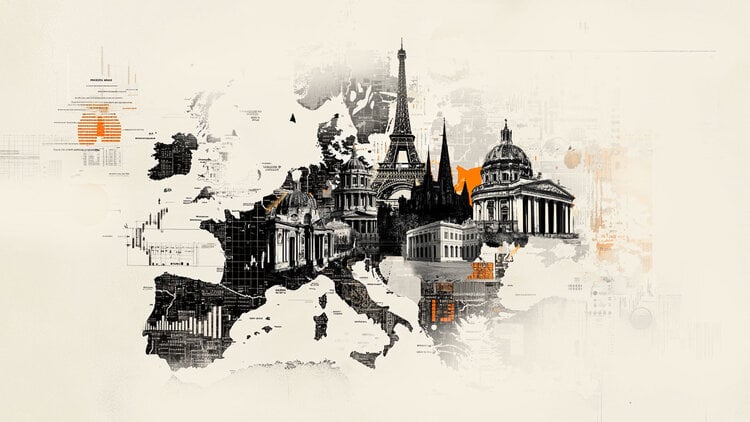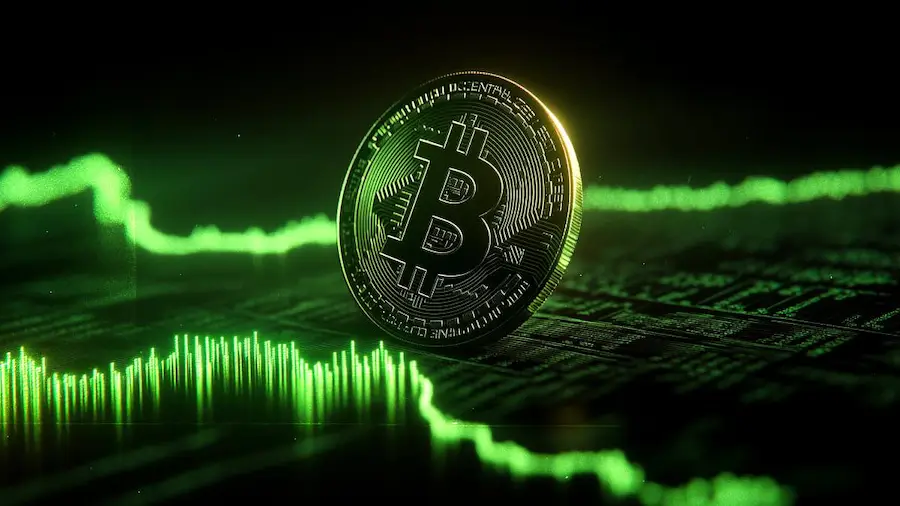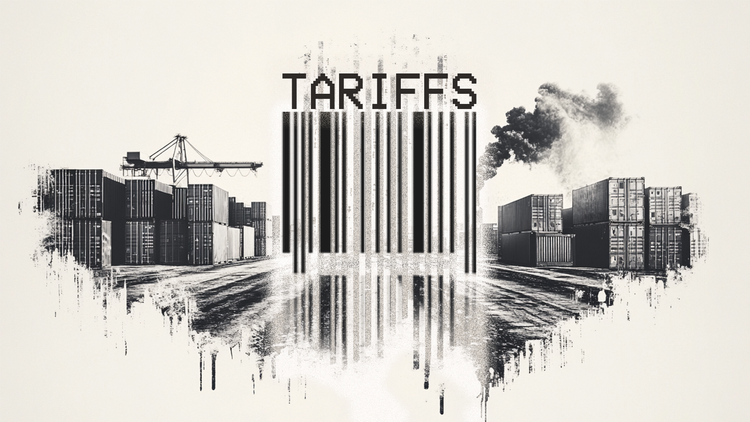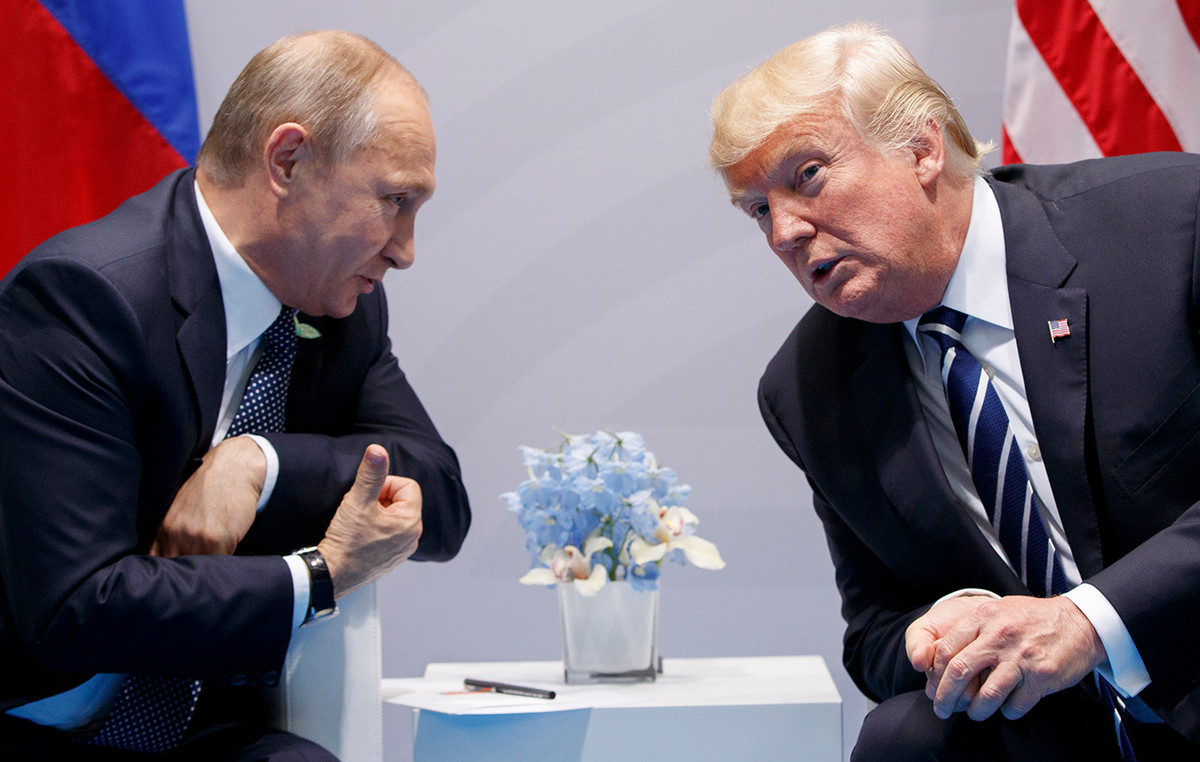A month ago, the New Popular Front (NFP) did not exist. Now, it appears poised to win the French parliamentary elections and could provide France with its next prime minister.
The left-wing coalition chose the name in an attempt to resurrect the original Popular Front, which blocked the far right from coming to power in 1936. With Sunday’s runoff election confirmed, the NFP has achieved the same feat again.
But the hastily assembled coalition is made up of disparate political parties that have not always gotten along. And it campaigned on a platform of high public spending that has spooked financial markets and could plunge France into economic chaos.
So what is the NFP, what does it stand for and who are its key leaders?
Who is the New Popular Front?
The NFP is made up of several parties: the far-left France Insoumise party of Jean-Luc Mélenchon; the more moderate Socialist Party; the Green Ecologist Party; the French Communist Party; the centre-left Place Publique, and other smaller parties.
The coalition was formed just days after President Emmanuel Macron called a snap parliamentary election following his centrist party’s embarrassing defeat by Marine Le Pen’s far-right National Rally (RN) party in last month’s European Parliament elections.
“After his side’s defeat in the European elections, Emmanuel Macron has opted for a risk at a time when the far right is at its peak, running the risk of seeing it come to power for the first time since Vichy,” Socialist leader Olivier Faure said last month, referring to the French government that collaborated with Nazi occupiers during World War II.
“Only a united left can stand in their way,” he added.
Who is in charge of the New Popular Front?
It is hard to say.
Each party celebrated the results at its own bases and separate campaign events, rather than together. As the second round approached, it was unclear who the coalition would nominate as its prime minister.
Its most prominent – and divisive – figure is Jean-Luc Mélenchon, a 72-year-old populist firebrand and longtime leader of the France Insoumise party.
France Insoumise is projected to be the largest single party within the coalition, with up to 80 seats.
However, figures in Macron’s Ensemble party have repeatedly stated that they would refuse to work with France Insoumise, arguing that it is as extreme – and therefore as unfit to govern – as the RN.
Announcing his intention to resign on Monday (8) as prime minister, Gabriel Attal said, apparently criticizing France Insoumise: “No absolute majority can be led by the extremes. We owe it to the French spirit, so deeply linked to the Republic and its values.”
Mélenchon’s three presidential campaigns have been marked by accusations of anti-Semitism. In a recent survey of French Jewish voters by Ifop, 57 percent said they would leave France if Mélenchon’s party came to power.
A more acceptable face of the coalition could be the socialist Faure, or Raphaël Glucksmann, the moderate leader of the Place Publique and member of the European Parliament.
What are the policies of the New Popular Front?
In foreign policy, the NFP has pledged to “immediately recognize” a Palestinian state and will seek a ceasefire between Israel and Hamas in the Gaza Strip.
The NFP campaigned on a comprehensive economic platform, promising to raise the monthly minimum wage to 1,600 euros (more than $2,500) and cap the price of essential foods, electricity, fuel and gas.
He also pledged to repeal Macron’s pension reform, a deeply unpopular policy that raised France’s retirement age – one of the lowest in the Western world – from 62 to 64.
While these promises were popular, they were made at a time when France may be heading toward a period of austerity.
France is running one of the highest deficits in the euro zone and now risks breaching the European Commission’s new fiscal rules, which were suspended to help countries recover from the Covid-19 pandemic and energy crisis.
Since Macron called the election, financial markets have been showing concern – first about the prospect of an extremist government, then about the economic policies of the far left and right, with the RN also promising an expansionary fiscal program.
Since the NFP is not projected to win enough to form an outright majority, it will have to enter another coalition — likely with Ensemble, which may try to water down some of its more radical spending policies — to pass legislation. That process is likely to be frustrating as multiple parties — spanning major ideological divides — try to find common ground.
Source: CNN Brasil
Bruce Belcher is a seasoned author with over 5 years of experience in world news. He writes for online news websites and provides in-depth analysis on the world stock market. Bruce is known for his insightful perspectives and commitment to keeping the public informed.







